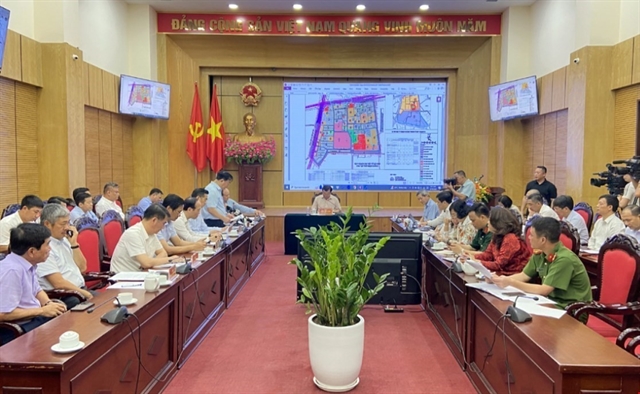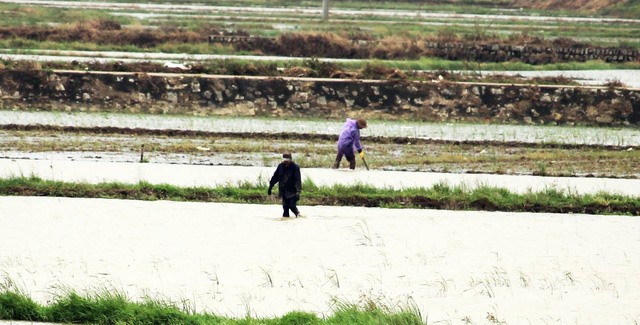 Society
Society

Heavy rains coinciding with the sowing season in the central province of Phú Yên caused the submerging of hectares of winter-spring rice over the past few days.
 |
| Phú Yên Province’s Department of Agriculture and Rural Development directed local authorities to stop the sowing of winter-spring rice until the end of Friday in order to avoid damage. — Photo dantri.com.vn |
PHÚ YÊN — Heavy rains coinciding with the sowing season in the central province of Phú Yên caused the submerging of hectares of winter-spring rice over the past few days.
Facing a situation of unusual heavy rains, on Thursday afternoon, Phú Yên Province’s Department of Agriculture and Rural Development directed local authorities to stop the sowing of winter-spring rice until the end of Friday in order to avoid damage.
The local authorities have recommended that these areas should be resown.
Farmer Nguyễn Tuấn of Hòa Tân Đông Commune, Đông Hòa District, said, "My family’s rice field has been sown for five days and the rice leaves are growing. But the surrounding fields were just sown for one or two days, and following heavy rain the next day, due to the soaked water, the germ was damaged. So it must be sown again.”
According to Tuấn and many other farmers, every year at the end of the Lunar October, there is no rain or wind in the region, so farmers are assured of sowing seeds. “This year the floods are unusual,” Tuấn said.
Đỗ Kim Đồng, head of the agriculture and rural development office of Đông Hòa District, said that over 800ha of rice was newly-sown in the district. The unusual heavy rains flooded the entire area.
“The office is assessing the damage,” he said.
In the fields in Tây Hòa District, newly-sown rice fields were flooded, and local farmers said if the rain continued, the area would be damaged and would need to be resown.
Farmer Nguyễn Thị Chín of Hòa Đồng Commune said the area had mostly low-lying rice fields; so it gets flooded immediately following heavy rains. — VNS









